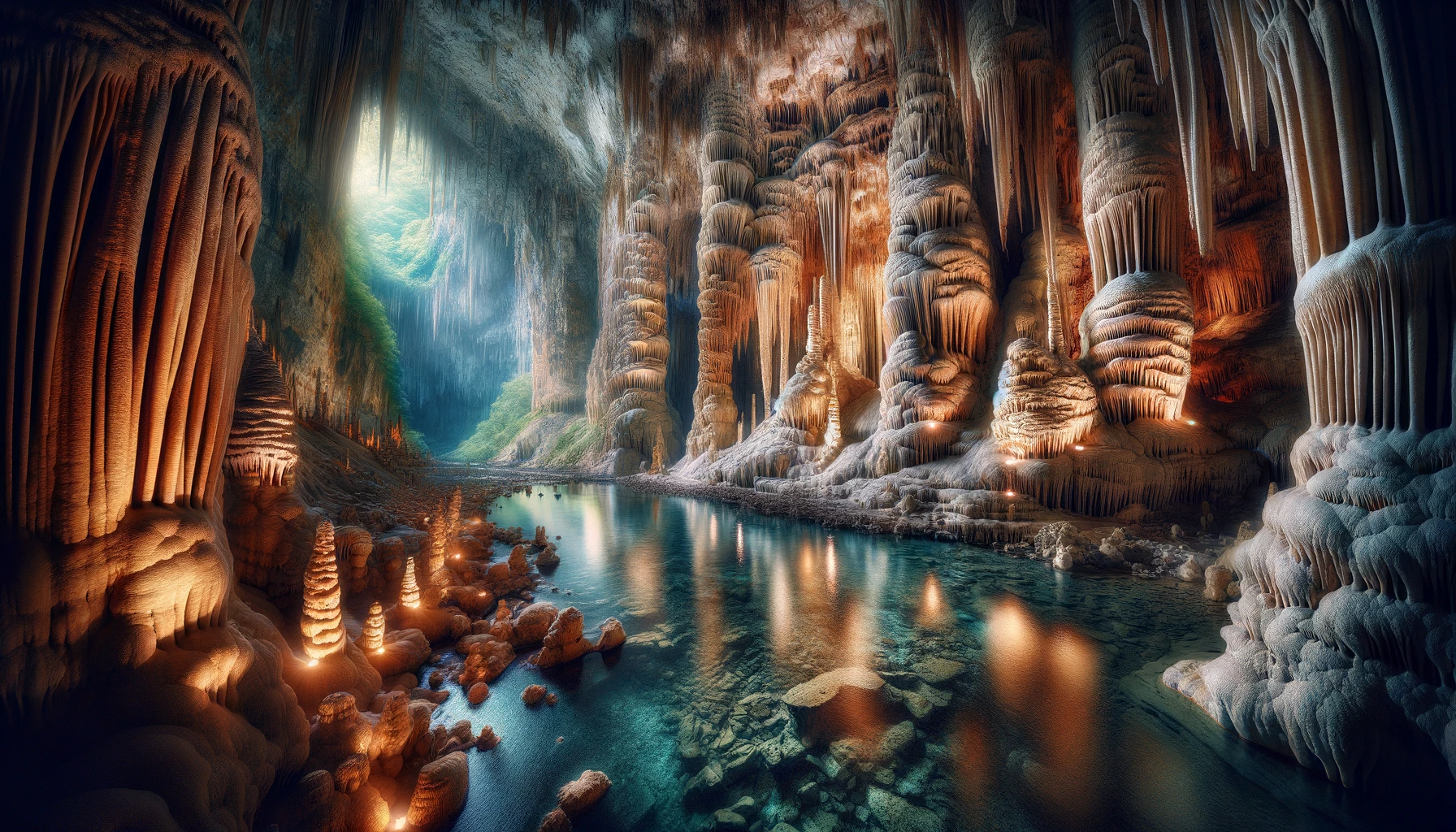Lebanon is a country with a unique blend of East and West, ancient history and modern vibrancy. It is known for its cultural diversity, scenic beauty, and rich artistic heritage, continuing to be a significant and dynamic nation in the Middle East.
List of Bank and Public Holidays in Lebanon 2025
- New Year’s Day is on Wednesday, 1st January 2025.
- Armenian Christmas Day is on Monday, 6th January 2025.
- St Maroun’s Day is on Sunday, 9th February 2025.
- Rafik Hariri Memorial Day is on Friday, 14th February 2025.
- Annunciation Day is on Tuesday, 25th March 2025.
- Eid al-Fitr is on Sunday, 30th March 2025.
- Good Friday is on Friday, 18th April 2025.
- Orthodox Good Friday is on Friday, 18th April 2025.
- Easter Sunday is on Sunday, 20th April 2025.
- Orthodox Easter Sunday is on Sunday, 20th April 2025.
- Labour Day is on Thursday, 1st May 2025.
- Martyrs’ Day is on Sunday, 4th May 2025.
- Resistance and Liberation Day is on Sunday, 25th May 2025.
- Eid al-Adha is on Friday, 6th June 2025.
- Islamic New Year is on Thursday, 26th June 2025.
- Ashura is on Saturday, 5th July 2025.
- Assumption Day is on Friday, 15th August 2025.
- Prophet Muhammad’s Birthday is on Thursday, 4th September 2025.
- Independence Day is on Saturday, 22nd November 2025.
- Christmas Day is on Thursday, 25th December 2025.
List of Bank and Public Holidays in Lebanon 2024
- New Year’s Day: Monday, 1 January 2024
- Armenian Christmas Day: Saturday, 6 January 2024
- St Maroun’s Day: Friday, 9 February 2024
- Rafik Hariri Memorial Day: Wednesday, 14 February 2024
- Annunciation Day: Monday, 25 March 2024
- Good Friday: Friday, 29 March 2024
- Easter Sunday: Sunday, 31 March 2024
- Eid al-Fitr: Wednesday, 10 April 2024
- Labour Day: Wednesday, 1 May 2024
- Orthodox Good Friday: Friday, 3 May 2024
- Martyrs’ Day: Sunday, 5 May 2024
- Orthodox Easter Sunday: Sunday, 5 May 2024
- Resistance and Liberation Day: Sunday, 12 May 2024
- Eid al-Adha: Sunday, 16 June 2024
- Islamic New Year: Sunday, 7 July 2024
- Ashura: Tuesday, 16 July 2024
- Assumption Day: Thursday, 15 August 2024
- Prophet Muhammad’s Birthday: Sunday, 15 September 2024
- Independence Day: Friday, 22 November 2024
- Christmas Day: Wednesday, 25 December 2024

History
- Ancient Times: Lebanon’s history dates back thousands of years, being home to the Phoenicians, known for their seafaring and trading skills.
- Ottoman Rule and French Mandate: Long under Ottoman rule, Lebanon became part of the French Mandate following World War I.
- Independence and Civil War: Gained independence in 1943. The country experienced a devastating civil war from 1975 to 1990, impacting its social and political landscape.
Geography
- Location and Terrain: Situated in the Middle East, bordering the Mediterranean Sea, Israel, and Syria. Known for its mountainous terrain and narrow coastal plain.
- Climate: Primarily Mediterranean climate, featuring mild, rainy winters and hot, dry summers.
Culture
- Rich Cultural Heritage: Lebanese culture is a blend of Phoenician, Greek, Roman, Islamic, and Western influences.
- Arts and Literature: Known for its rich literary tradition and a vibrant arts scene, with Beirut being a cultural hub in the Middle East.
- Cuisine: Lebanese cuisine is famous worldwide for its variety and flavor, including dishes like hummus, tabbouleh, and baklava.
Economy
- Diverse Economy: Traditionally, Lebanon’s economy has been service-oriented, with banking, tourism, and trade playing major roles.
- Challenges: The country faces significant economic challenges, including debt, unemployment, and the need for structural reforms.
Society
- Population: A diverse mix of religious and ethnic groups, including Maronite Christians, Shia and Sunni Muslims, Druze, and others.
- Education and Healthcare: Despite challenges, Lebanon has a relatively high standard of education and healthcare, with several reputable universities and medical facilities.
Environment and Natural Beauty
- Natural Landscapes: Features beautiful landscapes, from the famous Cedar forests to picturesque beaches and the Bekaa Valley.
- Environmental Challenges: Confronts challenges such as deforestation, water pollution, and preserving its coastal and mountainous ecosystems.
Arts and Crafts
- Traditional Crafts: Known for its traditional crafts, including glassblowing, pottery, and intricate textile work.
- Contemporary Art Scene: A growing contemporary art scene, with Beirut hosting numerous galleries, exhibitions, and festivals.
Sports and Recreation
- Popular Sports: Football and basketball are popular. Lebanon also offers outdoor activities like skiing, hiking, and water sports due to its diverse landscapes.
International Relations
- Diplomacy: Active in regional and international diplomacy, with historical ties to both the Arab world and the West.

Tourism in Lebanon
- Tourist Attractions: Attractions include the ancient cities of Byblos and Baalbek, the cosmopolitan capital Beirut, and natural wonders like the Jeita Grotto.
- Cultural Tourism: Lebanon’s rich history and cultural heritage make it an attractive destination for cultural and historical tourism.
Challenges and Future Outlook
- Economic and Social Challenges: Addressing economic instability, social disparities, and infrastructure development.
- Cultural Preservation: Efforts to preserve Lebanon’s cultural heritage and promote arts and education.

